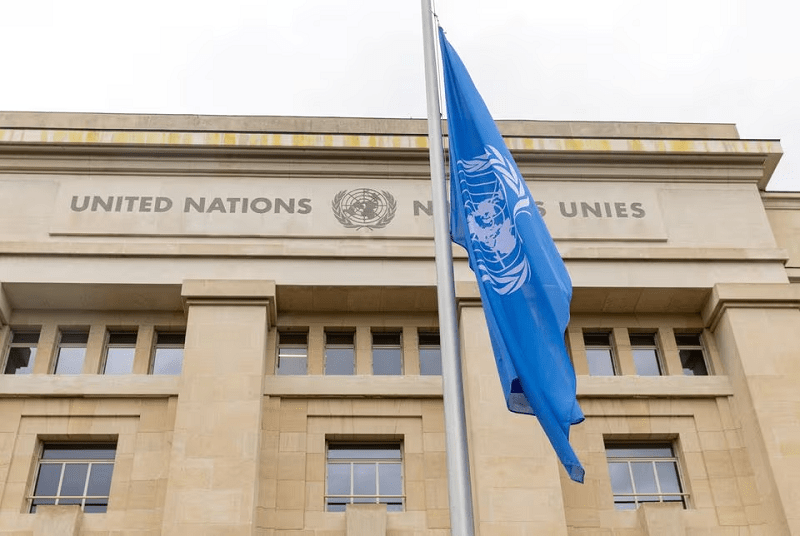Islamabad:
In an informative session of the United Nations Security Council (UNSC) about the threats of global terrorism, the permanent representative of Pakistan, Ambassador Munir Akram, expressed serious concerns about the use of Afghan land by terrorist groups aimed at Pakistan and the widest region.
Speaking in the Biannual Session of the CSNU, based on the reports of the UN Secretary General about the threats raised by the EIIL (DA’ESH), Al-Qaida and its affiliates, the Akram ambassador stressed that despite the international efforts against Terrorism, groups such as Banned Tehreek- e-taliban Pakistan (TTP), Daesh (ISIL-K) and the Majeed brigade continue to operate from safe shelters in Afghanistan.
By reaffirming Pakistan’s commitment to eradicate terrorism, Ambassador Akram declared: “Pakistan condemns terrorism in all its forms and manifestations. For more than four decades, we have stayed at the forefront of efforts against global terrorism and it has been A main objective of terrorist attacks, financed by our adversaries in the region. “
He highlighted the sacrifices of Pakistan, noting that the country has lost 80,000 lives and suffered huge economic damage due to terrorist activities.
He also reminded the advice that “Al Qaeda ‘Core’ was decimated in Afghanistan, largely due to Pakistan’s efforts,” but warned that several of its branches had emerged in other places, even in Africa.
Citing reports from the UN Secretary General and the 1267 ISIL (DAESH) and Al-Qaeda sanctions committee, Akram ambassador emphasized that “Afghanistan is the main center for the recruitment and facilitation of ISIL-K”.
He firmly rejected any suggestion that Pakistan is a recruitment field for Daesh, stating: “We are fighting Daesh, we are fighting against the TTP, and we are fighting against the Majeed brigade, and we will continue to do so with determination.”
He expressed disappointment that, although the discussion in the Council recognized the threat of Daesh, “the threat represented for Pakistan by the TTP and the Majeed brigade has not been mentioned by our colleagues around the table.”
He urged the Council to take these threats seriously, emphasizing that these groups are not just a danger to Pakistan but for the entire region and beyond.
Ambassador Akram emphasized that anti -terrorist strategies must address the fundamental causes of extremism, which include “poverty, injustice, unresolved prolonged conflicts, foreign occupation and denial of the right to self -determination.”
Specifically pointed to “the occupied territories of Palestine and Jammu and Kashmiro” as examples in which unresolved conflicts continue to feed the radicalization.




